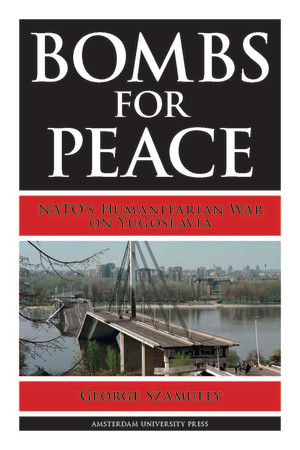This book is an important re-analysis of the propaganda and self-serving deceptions that were used by NATO governments and major human rights organizations during the Yugoslav conflicts, in order to justify waging an aggressive war against Serbia that was against the foundational principles of the UN Charter and even of NATO’s own charter. The dominant NATO member states gained geopolitical and economic advantages through mounting an aggressive war, while the human rights organizations increased greatly their incomes, access to resources from NATO governments, and the kind of power to provoke war that, inevitably, corrupts those who claim to be following humanitarian ideals. The work is based on substantial research, much of it drawing on the very sources that the protagonists of “humanitarian war” had used to justify their turn to aggression, and showing the falseness, inconsistency and even duplicity of the latters’ arguments. At the same time, the book is in no sense an apology for the actions of the Serbian regime under Slobodan Milo¿evic, making it clear that the charge that to oppose NATO was to support Slobo was as false as the rest of the propaganda behind aggression disguised as humanitarianism. As the NATO actions against Libya show, the precedents created in the interventions in Yugoslavia are still dangerous, not only to regional stability but to the very people who supposedly are to benefit from being subjected to humanitarian warfare.
Robert M. Hayden
University of Pittsburgh
[author of Blueprints for a House Divided: The Constitutional Logic of the Yugoslav Conflicts (University of Michigan Press, 1999) and From Yugoslavia to the Western Balkans: Studies of a European Disunion, 1991-2011 (Brill, 2013)]

